100+ Branches of Earth Science
Earth scientists need all the *sciences* to understand how the Earth works. This list of 113 branches of Earth Science is the most in-depth you’ll ever find
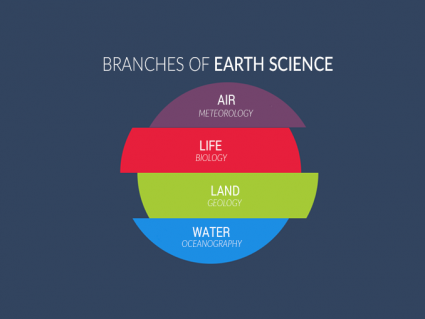
Earth scientists need all the *sciences* to understand how the Earth works. This list of 113 branches of Earth Science is the most in-depth you’ll ever find
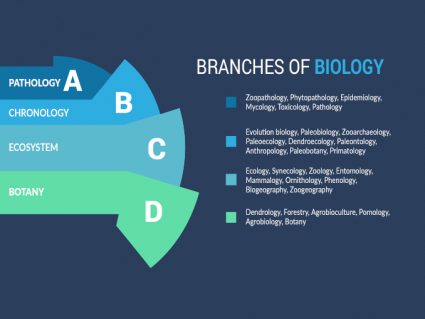
What are the branches of biology? Biology studies living things, flora and fauna. We categorize biology into botany, toxicology, ecosystem and chronology.

Marine biologists specialize in how life in the oceans behave. They collect ocean samples, record fish distributions and conserve aquatic life in habitats.
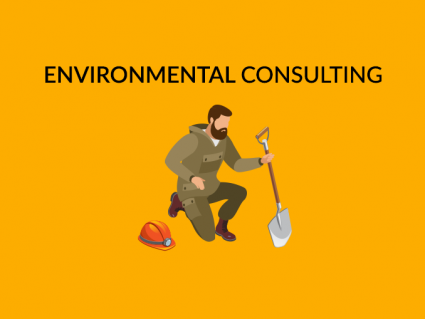
Trying to find an environmental science career? As an environmental consultant, you ensure clients comply with regulations such as air, water, life and land.

Even though landing an anthropologist career can be difficult some, they’ve found their skills best suited in cultural resource management and academia.

Water is all around us. In fact, 70% of Earth is water. Fisheries, water cycles, weather & climate, shipping routes. Here are the branches of oceanography.
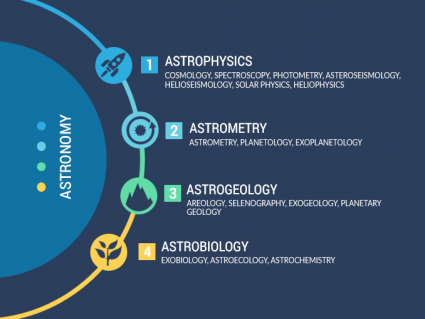
Astronomy is all-encompassing that studies matter outside of Earth. The branches of astronomy are astrophysics, astrometry, astrogeology and astrobiology.

Biologist work with wildlife, marine life and vegetation. They analyze how living things, flora and fauna are composed like their structure & composition.

Geologists study bedrock and surface rocks. They best understand how Earth’s land forms and rock change over time (physical and chemical structure).

Geotechnical Engineers understand the behavior of earth materials. For example, they interpret rock and soil samples to investigate subsurface conditions.
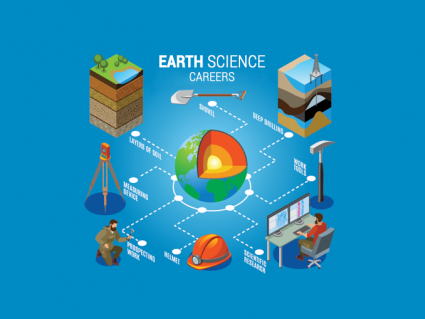
This list of 30 Earth Science careers has everything you need to know to carve your own career path as an Earth scientist. It’s time to start your journey.

Money doesn’t grow on trees for foresters but it still makes a great career option. You will harvest timber while conserving the environment as a forester.
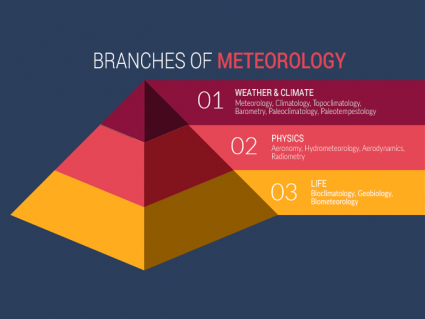
Weather and climate is all around us. It affects our work and play. Big disasters cost money and lives. Here are the branches of meteorology.
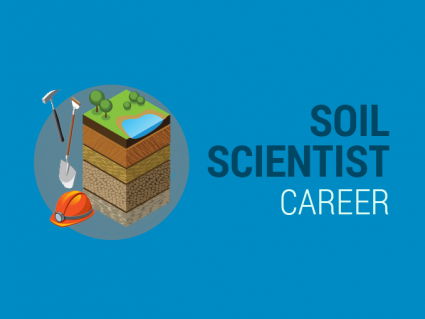
Soil scientists study how soils relate as a natural resource. This includes soil formation factors, classification, physical and chemical properties.

Toxicologists assist in reducing living things exposure to chemicals and poisonous substances which pose risks to health from water, air and land.